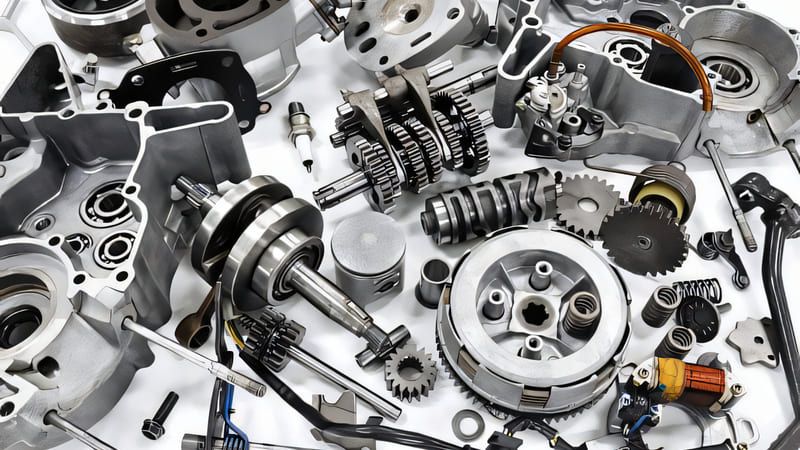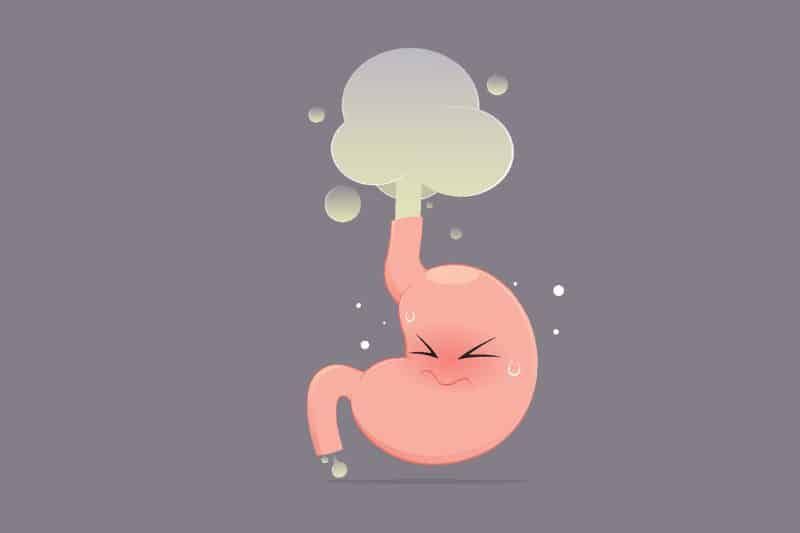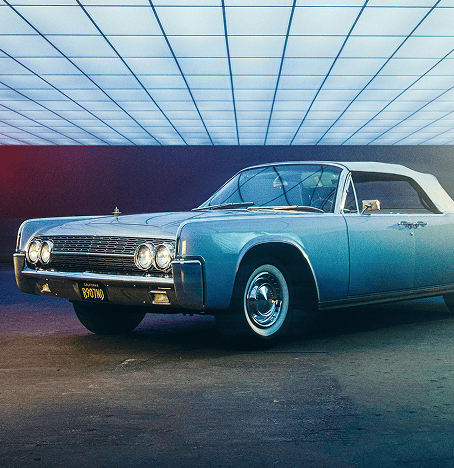Things You Should Consider Before Buying Furniture

Purchasing furniture is a big investment in both the financial and living-space-impacting considerations. Whether you’re moving into a new home or simply refreshing your current one, there are a handful of things to keep in mind before buying. By taking the time to consider these details, you can make well-informed choices and find pieces for your home that are right for you and make your home sparkle.
1.Budget
Consider your budget first. Prices for furniture can start low and go high, so establish beforehand how much you’re comfortable spending before you shop. Remember that it can be an attractive option to go for the cheapest one, but the quality is often more expensive. Think about the furniture’s staying power — investing money in the right thing that you like, and that will last a while, will usually be cheaper than buying something that’s — for lack of a better word — temporary, and needs replacing in a few years.
2.Space and Size
Measure your space carefully before you fall in love with a particular piece of furniture. Think not just about the size of the room, but the layout, and how the new piece can work with your other furniture. A big couch might look great on the showroom floor, but if it dwarfs your living room, it won’t be functional. Conversely, having a small dining table could be limiting if you regularly have many guests over. Just make sure to factor in walking space, and that the furniture won’t block doors, windows or other places you need access to.
3.Functionality
Consider how the furniture will be used. If you’re purchasing a sofa, will it mostly be for lounging, or do you require something more formal for entertaining? If you are buying a bed, think about whether you need storage space underneath it. For dining tables, consider whether you want extendable options for larger groups. Furniture that do not work with your lifestyle or daily needs are useless.
4.Style and Aesthetics
Your furniture needs to represent who you are and mesh well with the beauty of all your rooms. Take note of the color scheme, materials, and design of the pieces you’re interested in. Do they complement your current decor, or will they pop in a way that you love? Just keep in mind that while trends can be seductive, classic styles often endure a bit longer. If in doubt, neutral colors and timeless designs tend to be a safe choice.
5.Material and Durability
How important is the material of furniture for both theaesthetics and durability? Everyone has their own pros and cons, wood, metal, glass, or upholstery. Balancing expenses although solid wood furniture is sturdy and lasts for years, it might feel like an investment that is a little more to maintain compared to less expensive options like multi-purpose wood or press wood furniture.Upholstered furniture is cozy and chic but can be prone to staining and wear. Think about your lifestyle — if you have kids or pets, you may want to select materials that are easy to clean and resistant to damage.
6.Comfort
Comfort is key, particularly for furniture you will be using regularly, like sofas, chairs and beds. Use your eyes, but not just your eyes — try out the furniture if you can. Sit on the sofa, lie down on the bed and see that the furniture is comfortable to suit your requirements. What makes someone comfortable may not be what makes another person comfortable. Search at your speed to find the items you truly want to use.
To sum up, purchase of household furniture is a decision to be planned thoroughly with care.Ultimately, by keeping in mind your budget, the space in your home, functionality, style, material, comfort, maintenance, sustainability, and delivery options, you can make selections that will add to and serve your home and your needs for years to come. So take your time, do your research, and ask questions if needed before you buy. Because the right furniture can change how you live in your home, and whether it is a pleasant place to spend time.
 Disclaimer:
Disclaimer:
The content provided on our blog site traverses numerous categories, offering readers valuable and practical information. Readers can use the editorial team’s research and data to gain more insights into their topics of interest. However, they are requested not to treat the articles as conclusive. The website team cannot be held responsible for differences in data or inaccuracies found across other platforms. Please also note that the site might also miss out on various schemes and offers available that the readers may find more beneficial than the ones we cover.
Related Websites
-
 Automotive
AutomotiveWhy Choose SpeeDee Oil for Your Vehicle?
If you want to last longer with your car's engine, probably the most important decision you will make about it is selecting good motor oil. The endearing nature of the oil you use will effects on how your engine runs, its life span and fuel consumption. Among the options is SpeeDe Oil, areal performerfearsno cold temperature. -
 Finance
FinanceDifferent Types of Finance
Finance is the science of funds management which studies in the management, creation, and study of money and investments.It is significant in both personal and organizational decision-making, affecting the allocation and utilization of resources. There are different types of finance, each serving a particular purpose. It is crucial for individuals, businesses, and governments to comprehend these classifications as they navigate their financial path.1.Personal FinancePersonal finance is common and most relatable type of finance. It deals with how to manage all of an individual’s or a family’s financial resources — budgeting, saving, investing, retirement planning. Other areas of personal finance include the management of debt (student loans, credit cards, mortgages) as well as financial security through insurance and emergency savings. Personal finance is about creating a plan and managing your money (how to allocate all your money) to reach your lot of money and avoid debts to achieve financial stability and long-term goal.This calls for prudent planning, consistency, and knowledge of financial products and markets.2.Corporate FinanceThe other one —corporate finance—focuses on the financial activities of individual businesses and organizations. Involves managing a company’s capital structure, funding operations, and only investing in projects generating greater return than the cost of capital. Corporate finance involves the activities related to raising capital—whether through equity or debt—cash flow management and project or acquisition analysis. It is the job of financial managers within corporations to juggle risk and return (so that the company does not become so risky that the business is unsustainable in the long term). This kind of financing is a vital component for companies of all sizes, small start-ups to multi-national companies.3.Public FinanceAnother key area of coverage from the financial world is public finance. It includes all aspects of revenue generation through taxation and other methods, and the distribution of resources for programs like education, health care, infrastructure and defense. Public finance encompasses the management of public debt and the overall fiscal health of the economy. It is only in this context, that it becomes possible to make decisions that can be strategic, as governments are only now focused on how they can best support and fulfill the needs of their people while balancing economic growth against the realities of a surplus-less economy in the near future. Finance that is heavily linked to economic policy and the economy.4.Investment FinanceInvestment finance deals with the organization and management of investments and portfolios. This includes studying financial markets, various risk levels, and where best to put your money for the best outcome. Such finance plays a crucial role for people and organizations wanting to increase their wealth over time.5.International FinanceInternational finance are transactions made in one country and intended to be paid for in another. It involves a range of subjects like foreign exchange markets, international trade, cross-border investments, and global economic policies. This is critical for any business operating in a global environment where international finance can play a major role in determining financial decisions domestically, with currency fluctuation, trade regulations, and geopolitical risk. It is also greatest importance for global economic stability, as countries depend on international financial systems to support trade and investment.6.Behavioral FinanceBehavioral finance is a newer field that combines psychology and finance to understand the effects of human behavior on financial decision-making. Why people and markets sometime do funny things and build phenomena like bubbles (bubble in stock market), live in denial or take way too much risk, etc. Behavioral finance aims to explain why these behaviors occur and how to minimize their effects on financial outcomes. Data of this nature can provide invaluable insights into market behaviour as well as enhancing financial decision-making.To summarize, finance plays a big part in the world and the types are good for serving different purposes. From personal savings, business management, nation governance to market investment and global financial system understanding, each finance type is important to explore. Knowledge about these categories will help the individual and organizations take accurate decisions and reach their monetary objectives. -
 Home & Garden
Home & GardenPatio Furniture to Invigorate Your Outdoor Activities
It can be understood that the transformation of your outside area into a bright, practical, and welcoming spot can improve the quality of outdoor activities you perform there.No matter for outdoor barbecue in summer, morning coffee or sunlight bath, patio furniture can meet all your desires and standards. From chairs to tables to hammocks, patio furniture is not just about the attraction for eyes, it can also offer you comfortable and durable outdoor activities.1.Comfort Meets StyleComfortable seating is the foundation for any great outdoor space. From cushy lounge chairs to comfy sectionals, patio furniture is made for supreme comfort all while matching your outdoor decor. Weather-resistant fabrics will create a more comfortable atmosphere on cushioned chairs and sofas. Throw pillows are a good way to add some color and warmth to your setup. For those who enjoy entertaining at home, modular seating arrangements are a great way to tailor your setup for entertaining groups, no matter how big or small.2.Sturdy Dining SetDining outdoors is a classic to patio enjoyment. A strong dining set with a big table and chair helps to convert your backyard into the ideal location for family meals or get-togethers with buddies. Seek materials like teak, aluminum or polywood, which are durable and resistant to the elements. You may also include umbrellas or pergolas to shade the area so you can dine comfortably even on sunny days.3.Lounge and UnwindIf you want to have a place to lie down, you can add a lying chair or hammock which are suitable for reading, sleeping or just enjoying the good fresh air outdoors. Pair them with a sidetable, where your drinks, books and snacks will go, to achieve seamless functionality and relaxation. If you have room, a daybedor swing chair can make your outdoor retreat feel luxurious.This kind of living style is so magical and can make a great difference in your life, thanks to the patio furniture you choose right according to this suggestion.4.Fire Pits and WarmthFirepits or outdoor heaters can extend the use of your patio into the cooler evening hours. Later, circle your fire pit with comfy seating for roasting marshmallows or trading stories under the stars. Fire pits come in all kinds of styles, everything from a rough-hewn stone design to a polished metal option so you can find one that suits your aesthetic.5.Durability and MaintenanceWhen choosing patio furniture, research your climate and how much maintenance you’re willing to do. Wrought iron and aluminum are rust proof, making them suitable for humid or coastal environments; teak and cedar provide a natural aesthetic and resilience with little maintenance. If you want a low-maintenance alternative, synthetic options such as polywood are environmentally friendly and durable.6.Personalize Your OasisYour patio should be an extension of your personality and lifestyle. From a minimalist modern aesthetic to a bohemian, eclectic vibe, there’s patio furniture for every style palate. Pick and choose pieces to form a space that feels like an extension of your indoor living space. Add things like water features, outdoor art and a bar cart to make your patio feel even more inviting.”Together with the right patio furniture, you can design an outdoor sanctuary that motivates you to head outside, entertain and get close to nature. With a little thought to comfort, style and functionality, you can design a patio that serves your needs and makes you want to spend more time outside. From hosting a raucous gathering or simply finding some quiet moments alone, the right type of patio furniture will give you the inspiration to enliven outdoor activities and make every moment count, not just during the summer months.
Featured Articles
-
 Health & Wellness
Health & WellnessCommon Visual Problems You Should Take Steps to Prevent
-
 Finance
FinanceAdvantages of Fixed Income Funds
-
 Automotive
AutomotiveHow the Cadillac LYRIQ Stands Out in the Luxury Electric SUV Market
-
 Health & Wellness
Health & WellnessHow to Relieve Bloating and Gas Naturally
-
 Automotive
AutomotiveFinding Cheap Motorcycle Components on eBay
-
 Automotive
AutomotivePractical Benefits of a Truck Bed Cover
-
 Health & Wellness
Health & WellnessWhy Do I Fart So Much? Understanding Excessive Flatulence
-
 Home & Garden
Home & GardenDifferent Window Blinds for Different Rooms in Your Home








